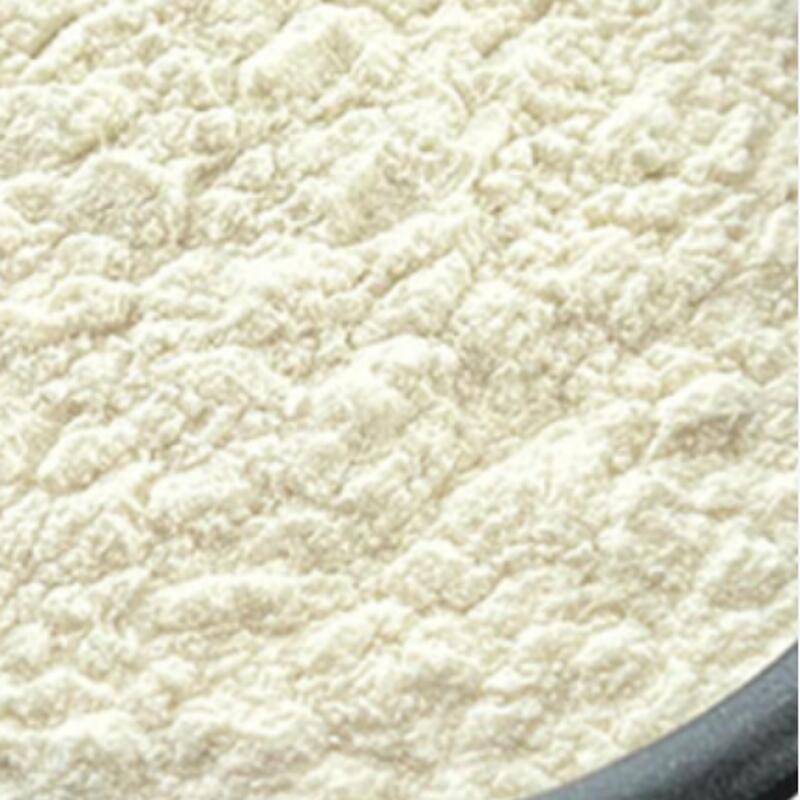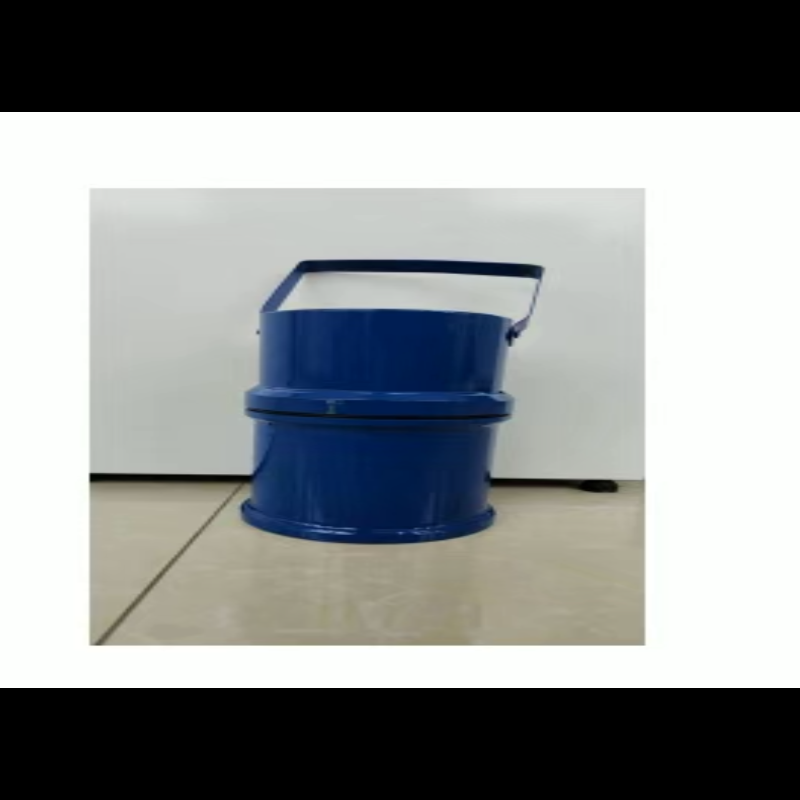-
Categories
-
Pharmaceutical Intermediates
-
Active Pharmaceutical Ingredients
-
Food Additives
- Industrial Coatings
- Agrochemicals
- Dyes and Pigments
- Surfactant
- Flavors and Fragrances
- Chemical Reagents
- Catalyst and Auxiliary
- Natural Products
- Inorganic Chemistry
-
Organic Chemistry
-
Biochemical Engineering
- Analytical Chemistry
-
Cosmetic Ingredient
- Water Treatment Chemical
-
Pharmaceutical Intermediates
Promotion
ECHEMI Mall
Wholesale
Weekly Price
Exhibition
News
-
Trade Service
Polypropylene (PP) is a widely used synthetic polymer in the chemical industry.
It is known for its strength, durability, and versatility, making it an ideal material for a variety of applications.
In this article, we will discuss the instruction of polypropylene in the chemical industry.
- Production of Polypropylene
Polypropylene is produced through a process known as polymerization.
This process involves the reaction of monomers, which are small molecules that are linked together to form larger molecules known as polymers.
In the case of polypropylene, the monomer used is propylene, which is a gas that is derived from petroleum refining.
The propylene molecules are polymerized using a variety of methods, including catalytic polymerization and bulk polymerization.
The result is a long chain of molecules that form the polypropylene polymer. - Applications of Polypropylene in the Chemical Industry
Polypropylene has a wide range of applications in the chemical industry.
Some of the most common applications include:
- Packaging: Polypropylene is commonly used in packaging applications due to its strength and durability.
It is used to create a variety of packaging materials, including containers, bottles, and films. - Industrial components: Polypropylene is used to create a variety of industrial components, including machine parts, gears, and bearings.
It is known for its ability to withstand high temperatures and chemicals, making it ideal for use in harsh environments. - Laboratory equipment: Polypropylene is used to create a variety of laboratory equipment, including pipettes, test tube racks, and microplates.
It is preferred in laboratory applications due to its resistance to acids, bases, and other harsh chemicals. - Automotive components: Polypropylene is used in the automotive industry to create a variety of components, including parts for engines, transmissions, and electrical systems.
Its ability to withstand high temperatures and chemicals makes it ideal for use in the harsh environments of the automotive industry.
- Advantages of Polypropylene in the Chemical Industry
There are several advantages to using polypropylene in the chemical industry.
Some of the key advantages include:
- Strength: Polypropylene is known for its strength and durability, making it ideal for use in harsh environments and heavy-duty applications.
- Chemical resistance: Polypropylene is resistant to a wide range of chemicals, making it ideal for use in applications where chemical resistance is important.
- Temperature resistance: Polypropylene is able to withstand high temperatures, making it ideal for use in applications where heat is a concern.
- Cost-effective: Polypropylene is a cost-effective material, making it a popular choice for a variety of applications in the chemical industry.
- Disadvantages of Polypropylene in the Chemical Industry
While polypropylene has many advantages, there are also some disadvantages to using this material in the chemical industry.
Some of the key disadvantages include:
- Poor UV resistance: Polypropylene is not resistant to UV light, which can cause it to degrade over time.
- Low coefficient of friction: Polypropylene has a low coefficient of friction, which can make it difficult to handle in certain applications.
- Limited molding options: Polypropylene has limited molding options compared to other plastics, which can limit its use in certain applications.
- Conclusion
Polypropylene is a versatile material with a wide range of applications in the chemical industry.
Its strength, durability, and chemical resistance make it an ideal material for







